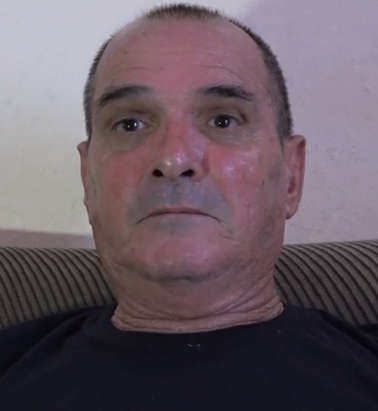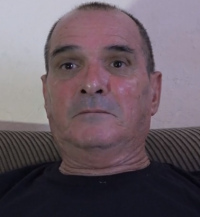I said to my children: ‘Be patient till all this passes over.’

Download image
José Díaz Silva was born on July 11, 1960, in a marginal neighborhood of Santiago de las Vegas in the province of Havana. His father belonged to “The White Rose” [La Rosa Blanca], a movement against Castro´s regime. When he was little, José often heard that Fidel Castro´s Revolution caused suffering for the Cuban people. José tried to emigrate from Cuba several times, which was the reason for his several arrests and imprisonments. As a political prisoner, he spent a total of14 years in prison. During his incarceration, he joined movements supporting human rights. After leaving prison in 1997, he joined an organization against the communist system, “The February 24th Movement,” and became a delegate of the province of Havana. In 2002 he established the “Opposition Movement for a New Republic,” a new political organization. José resides in Santiago de Las Vegas with his wife and continues to fight against Castro’s regime with activism and his opposition political organization. He has three children who are also activists and political prisoners.
